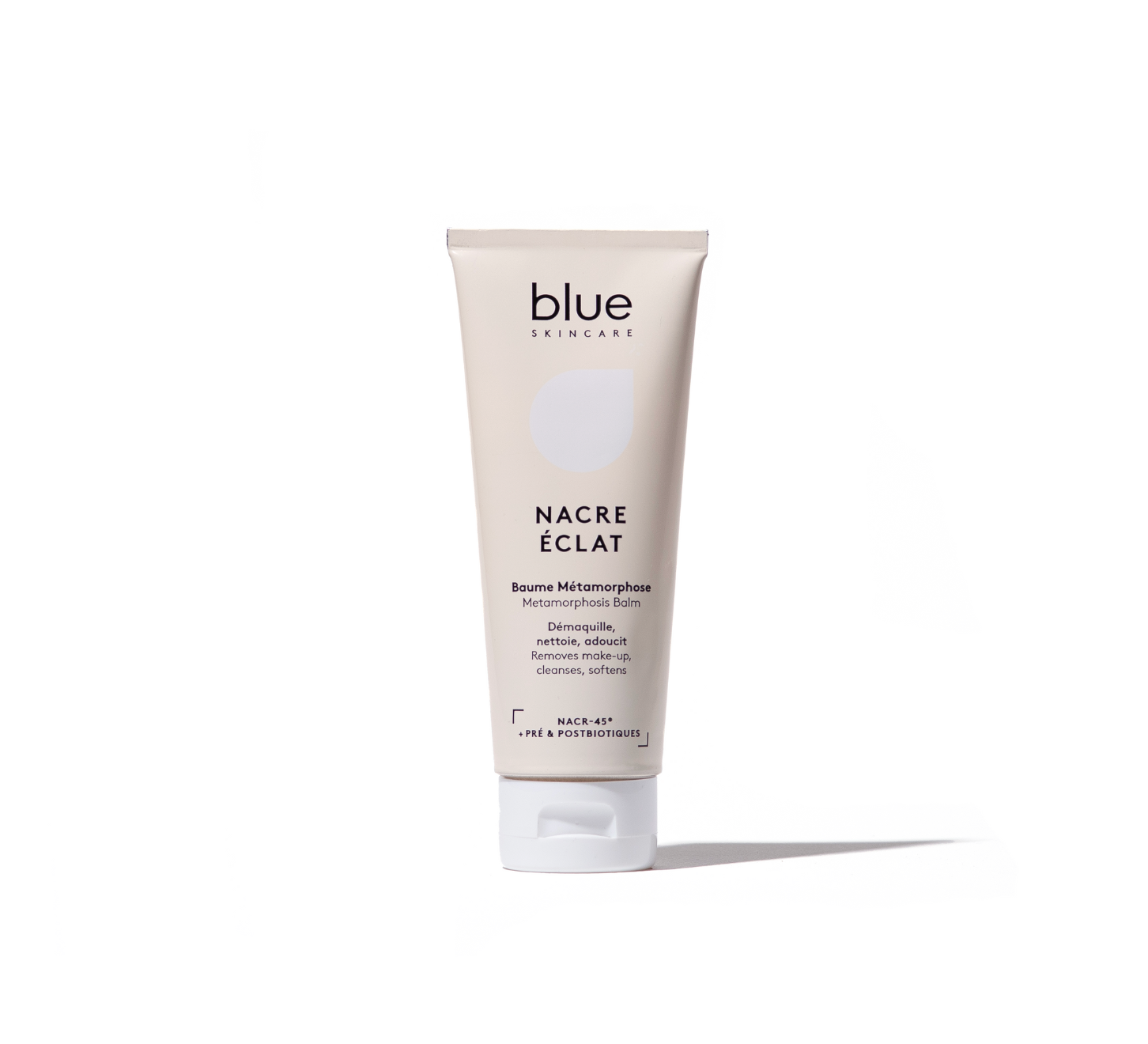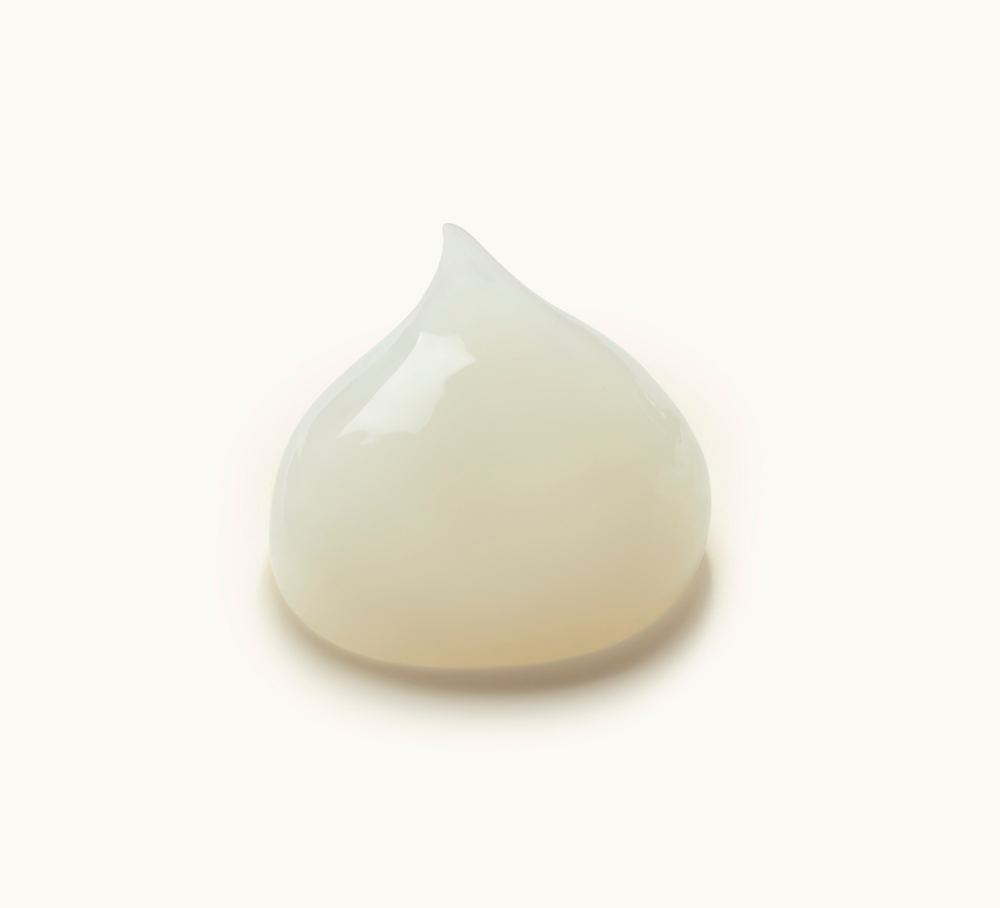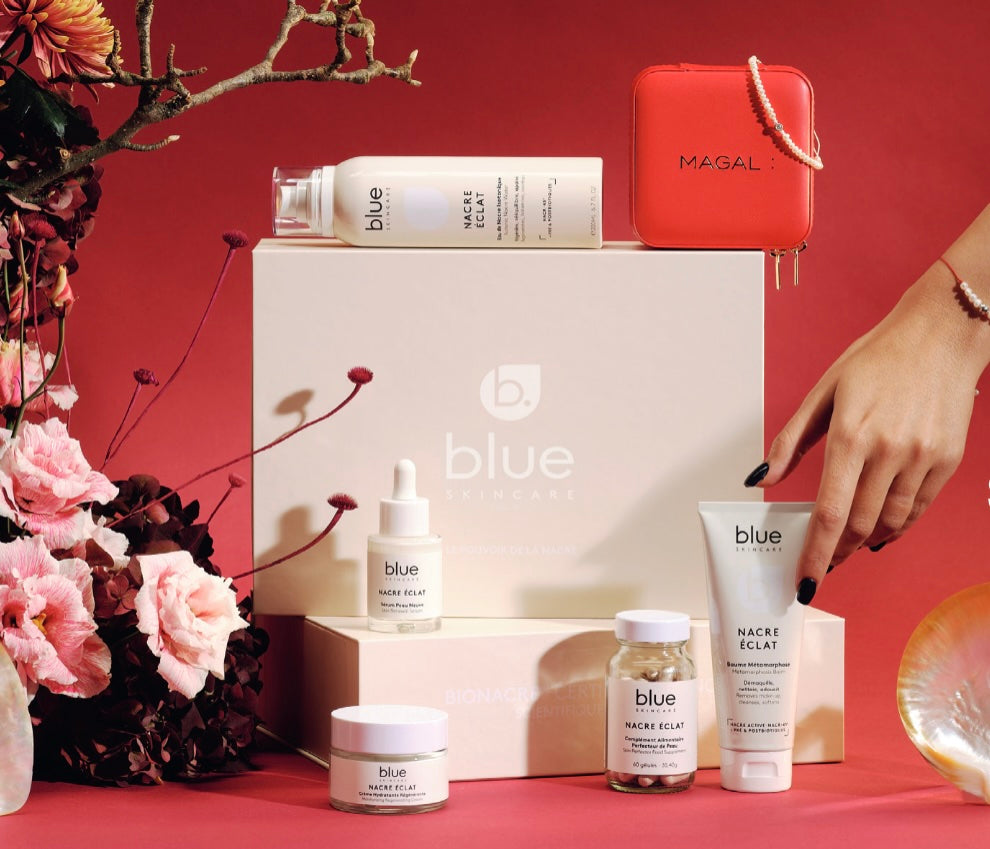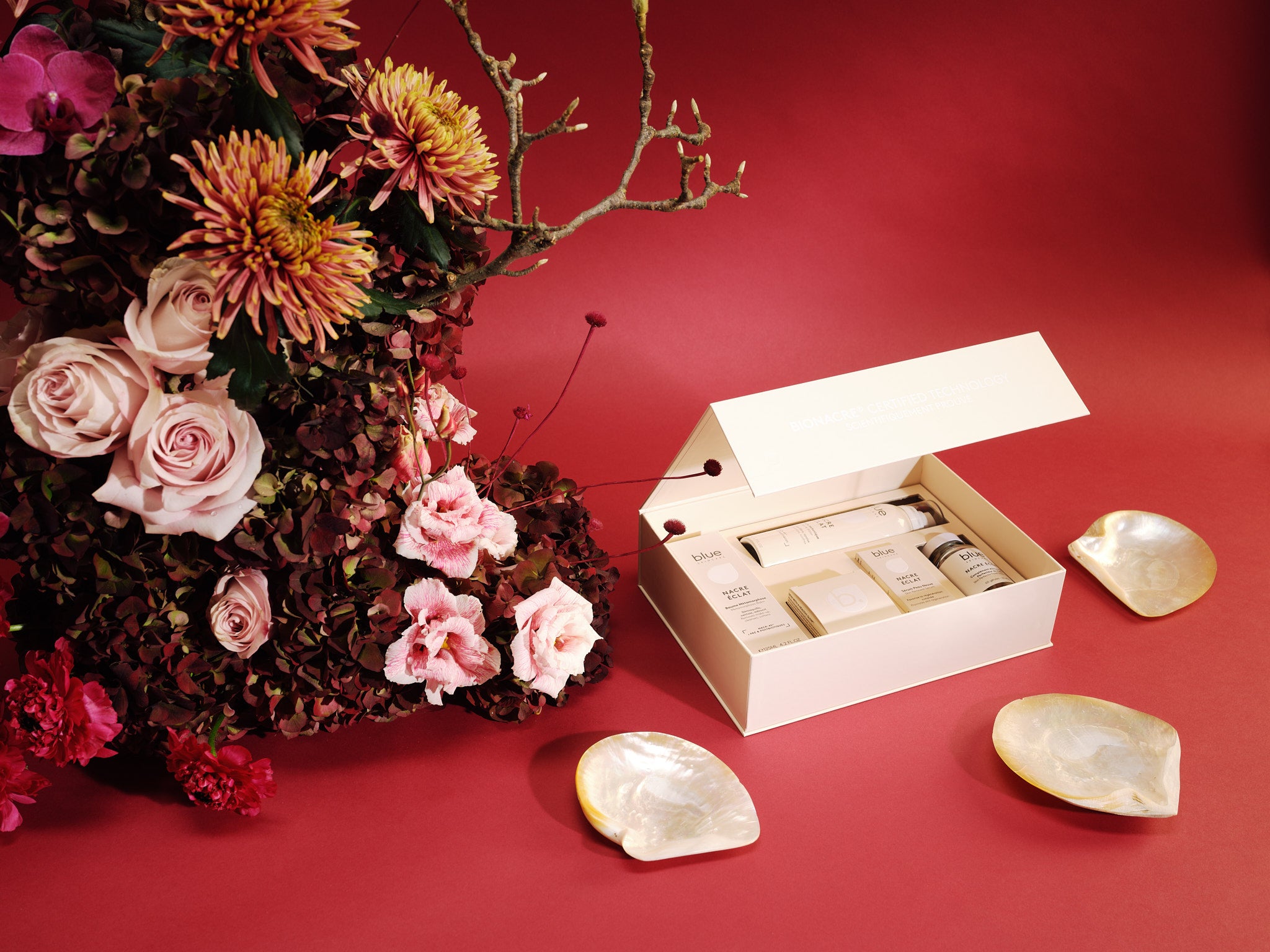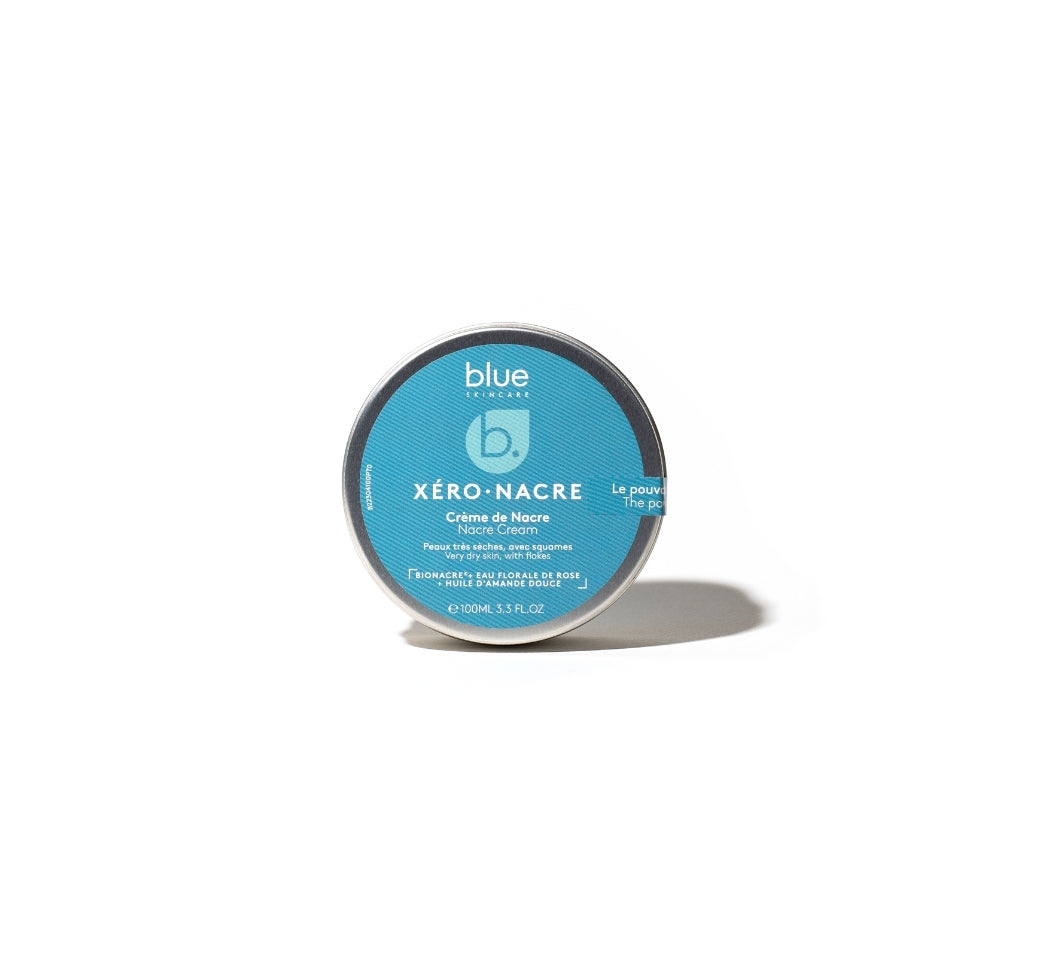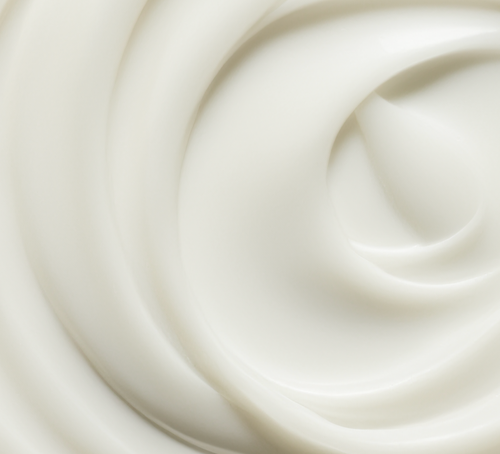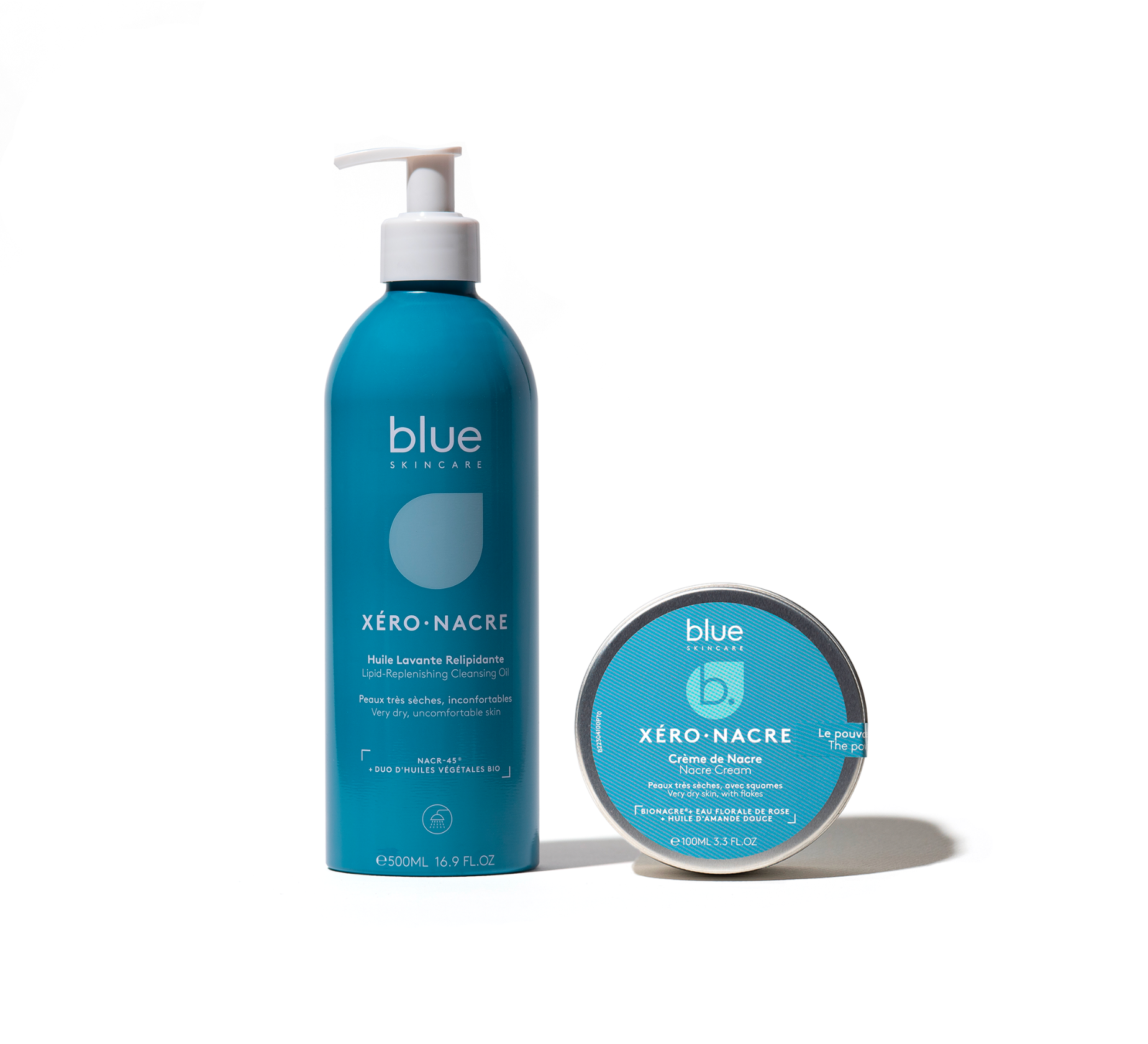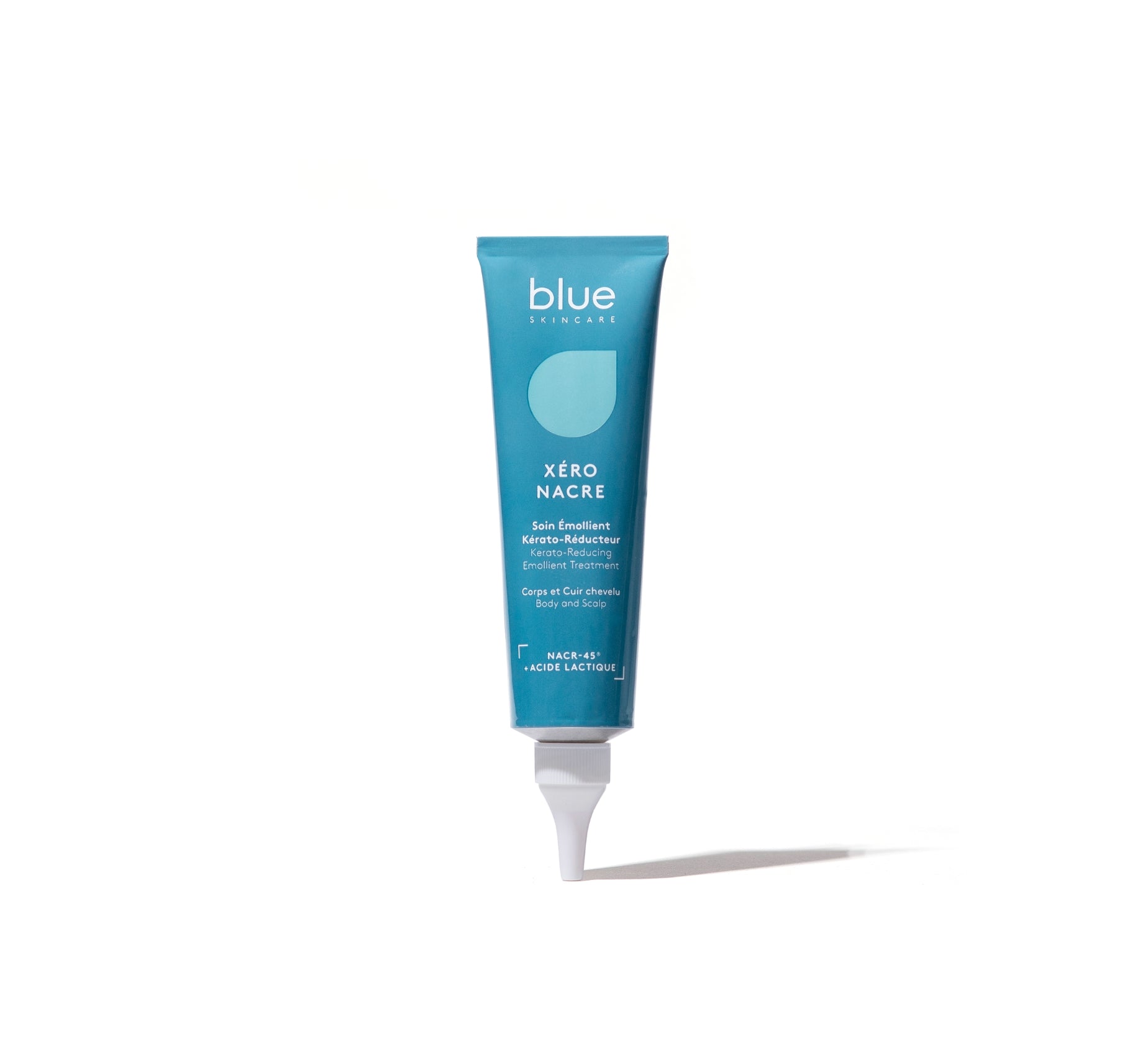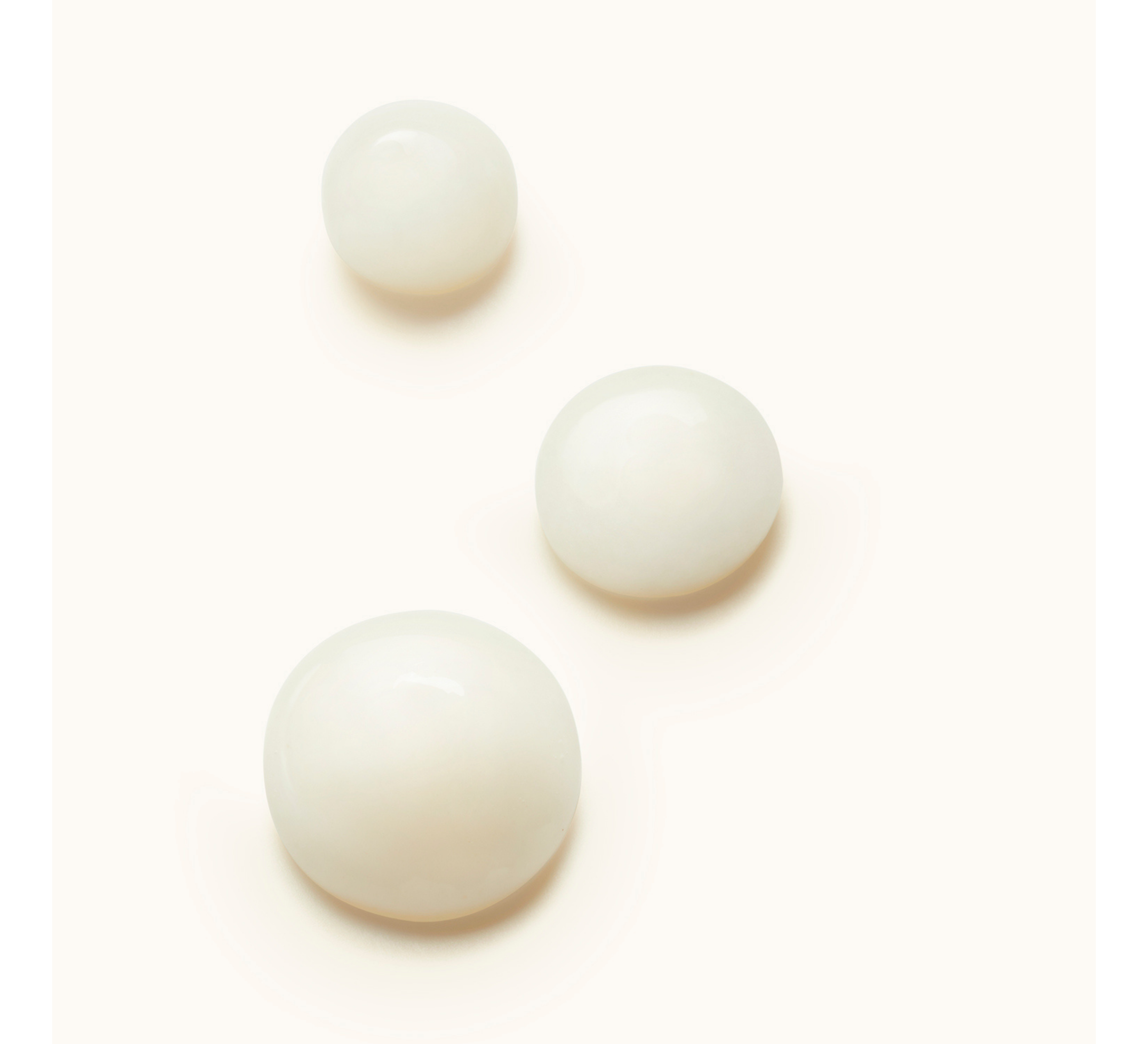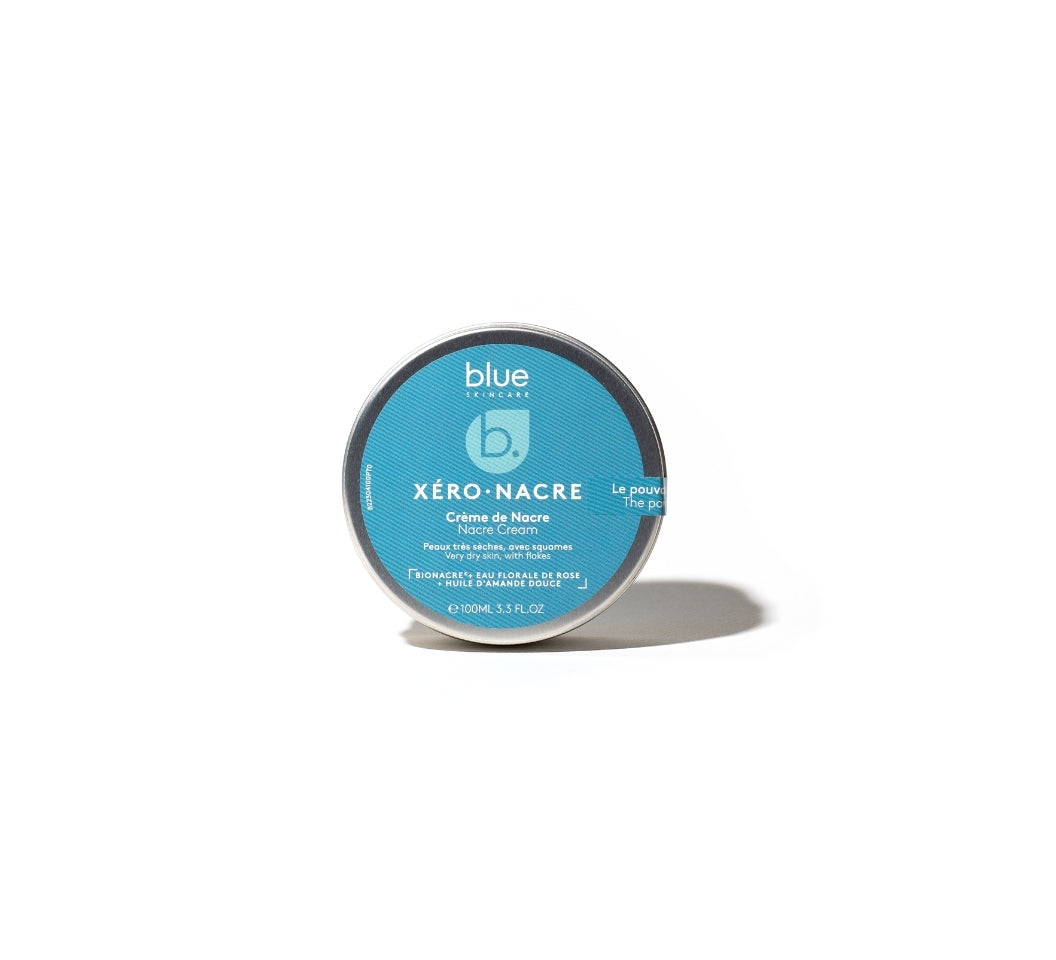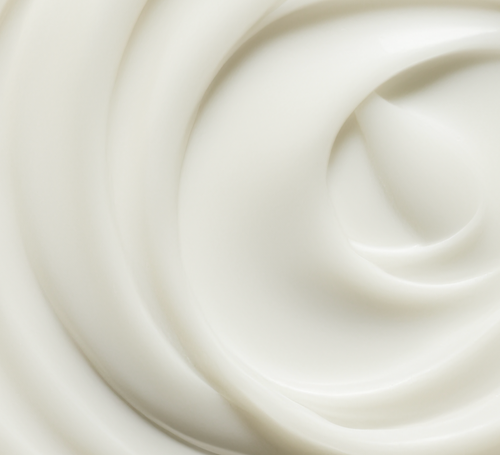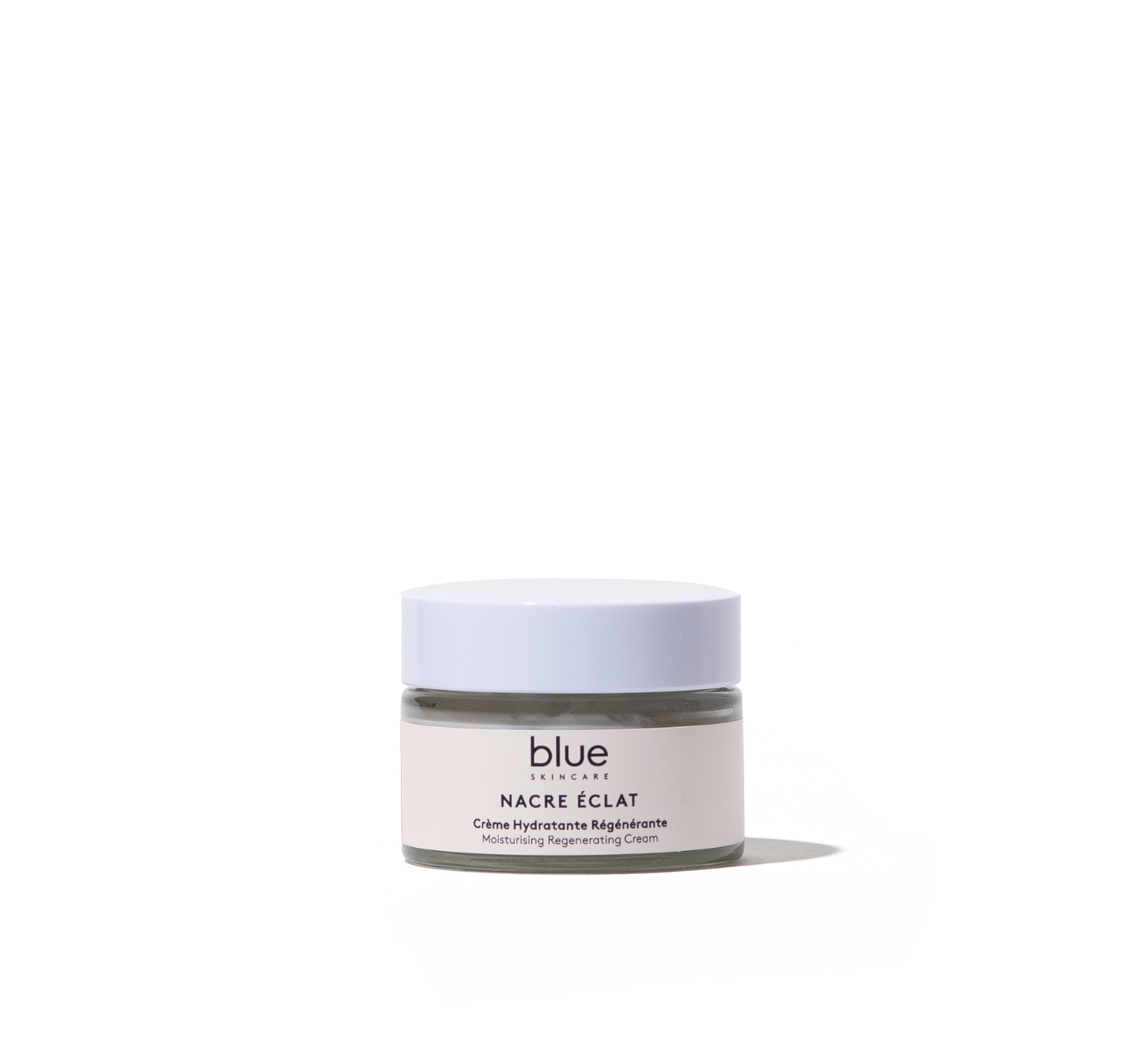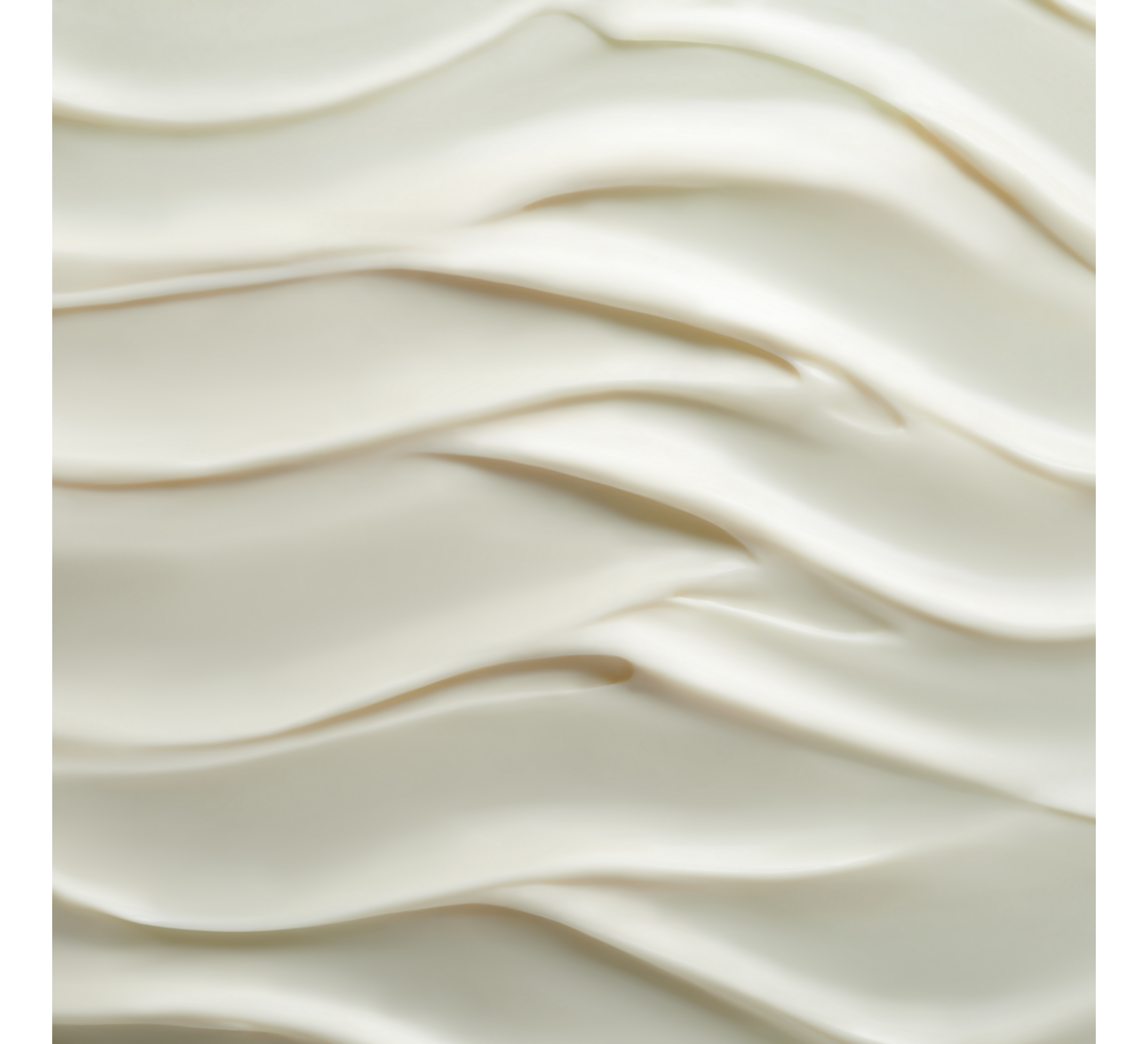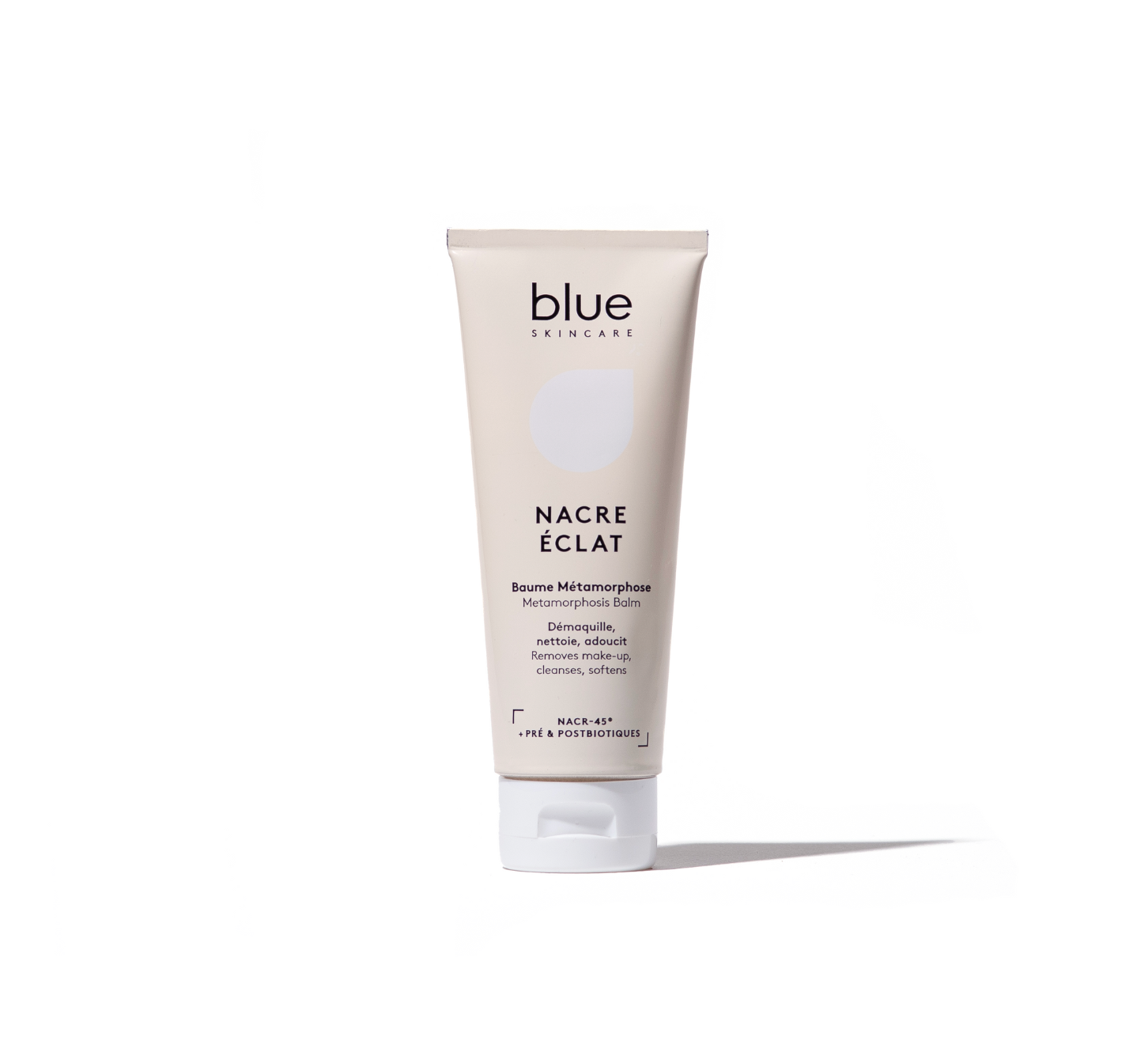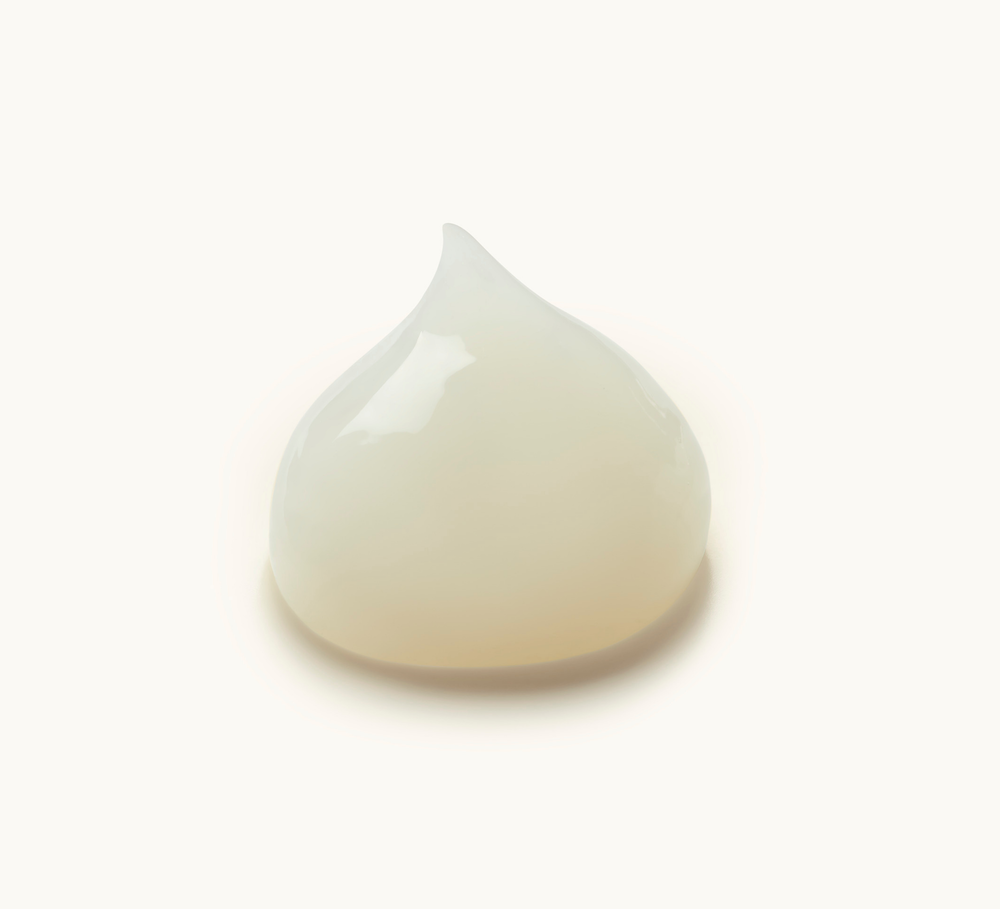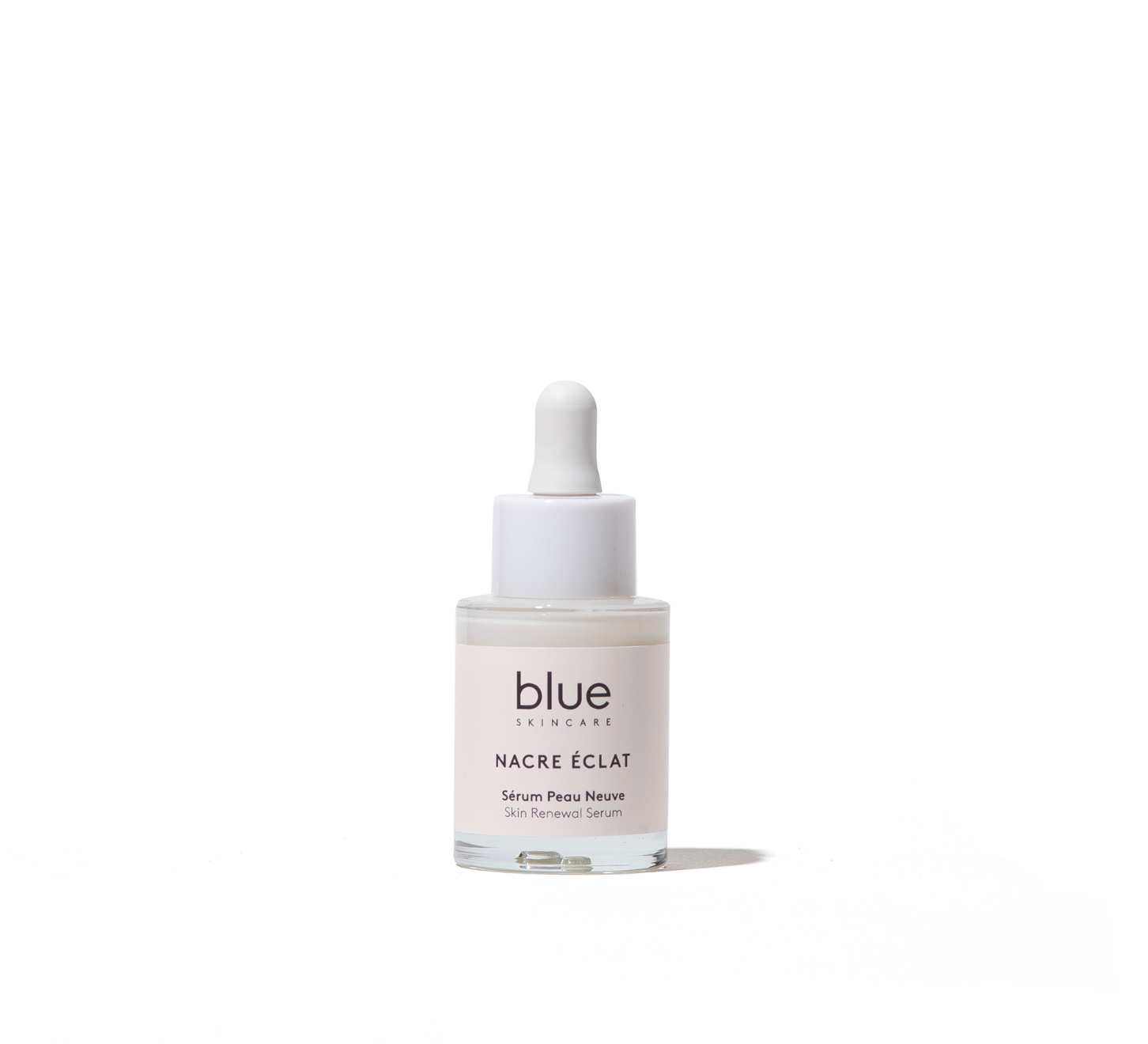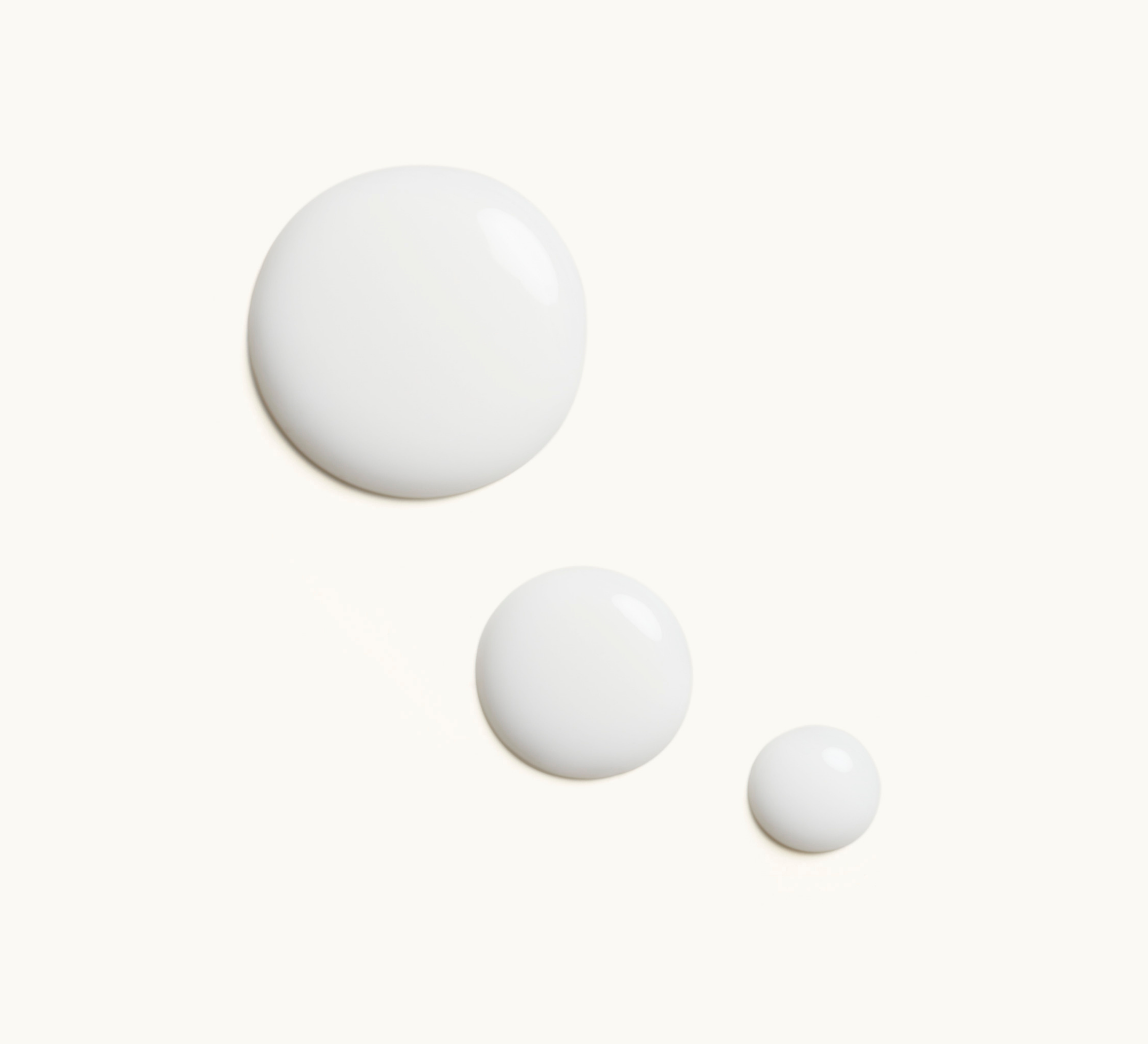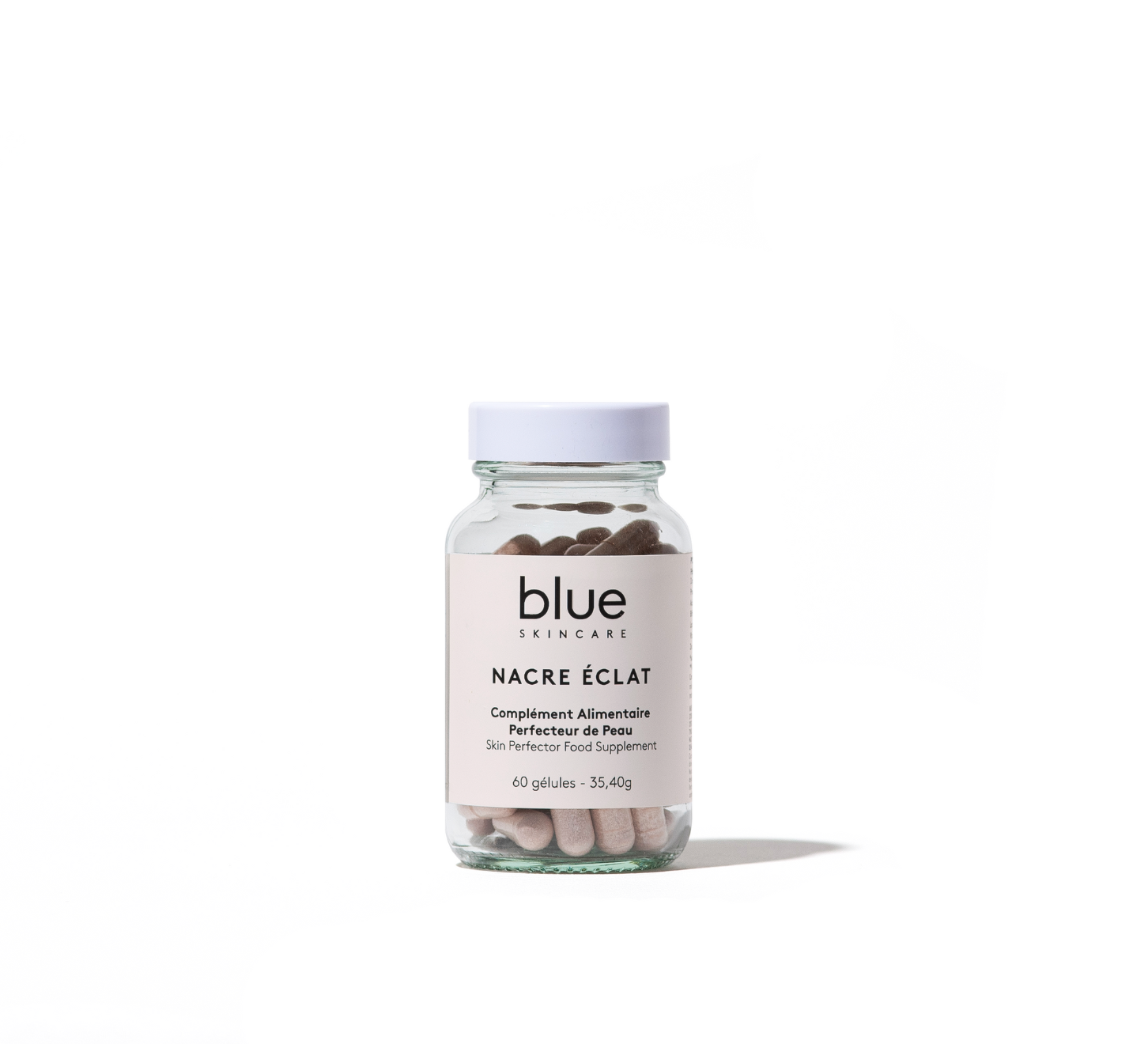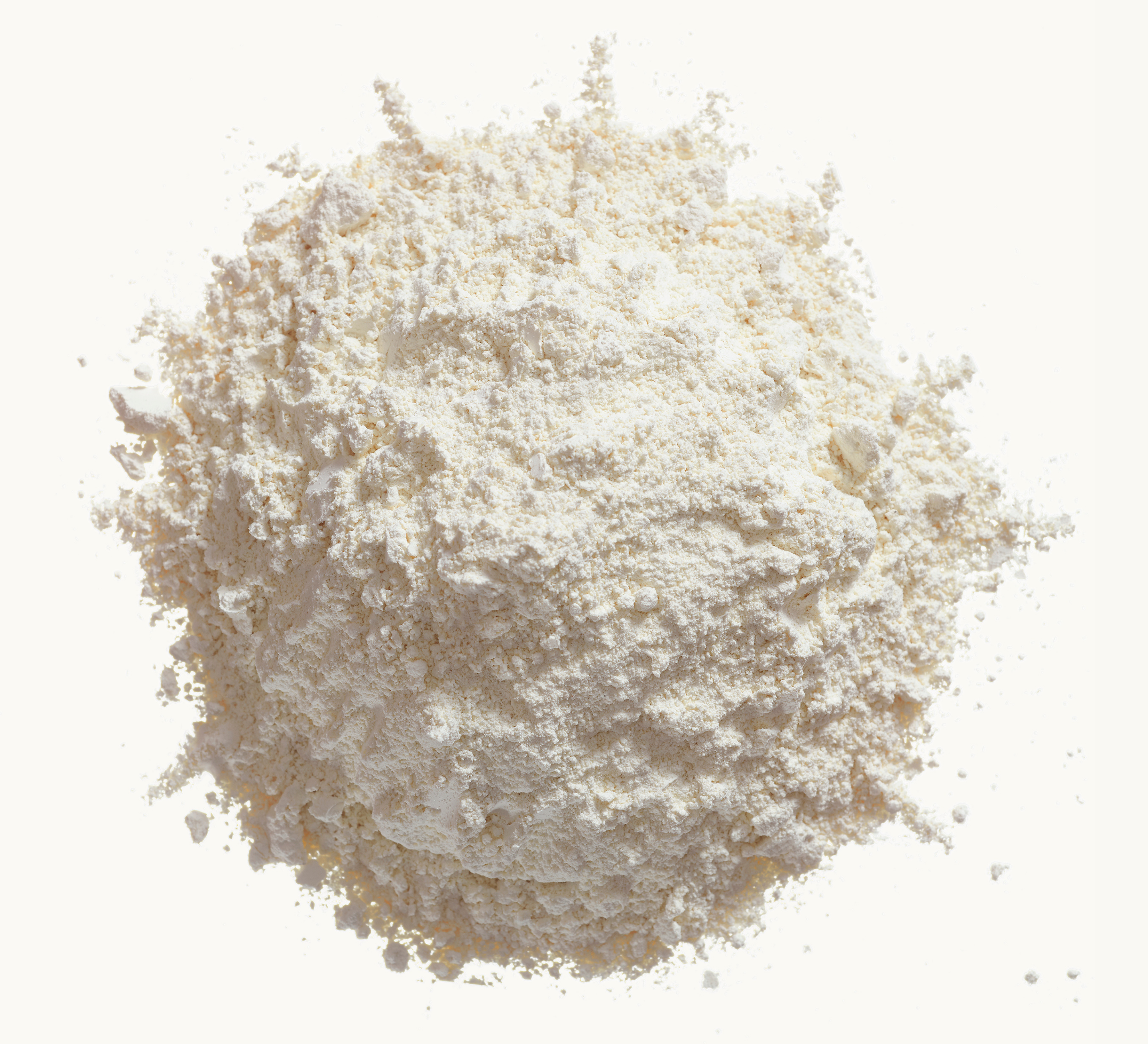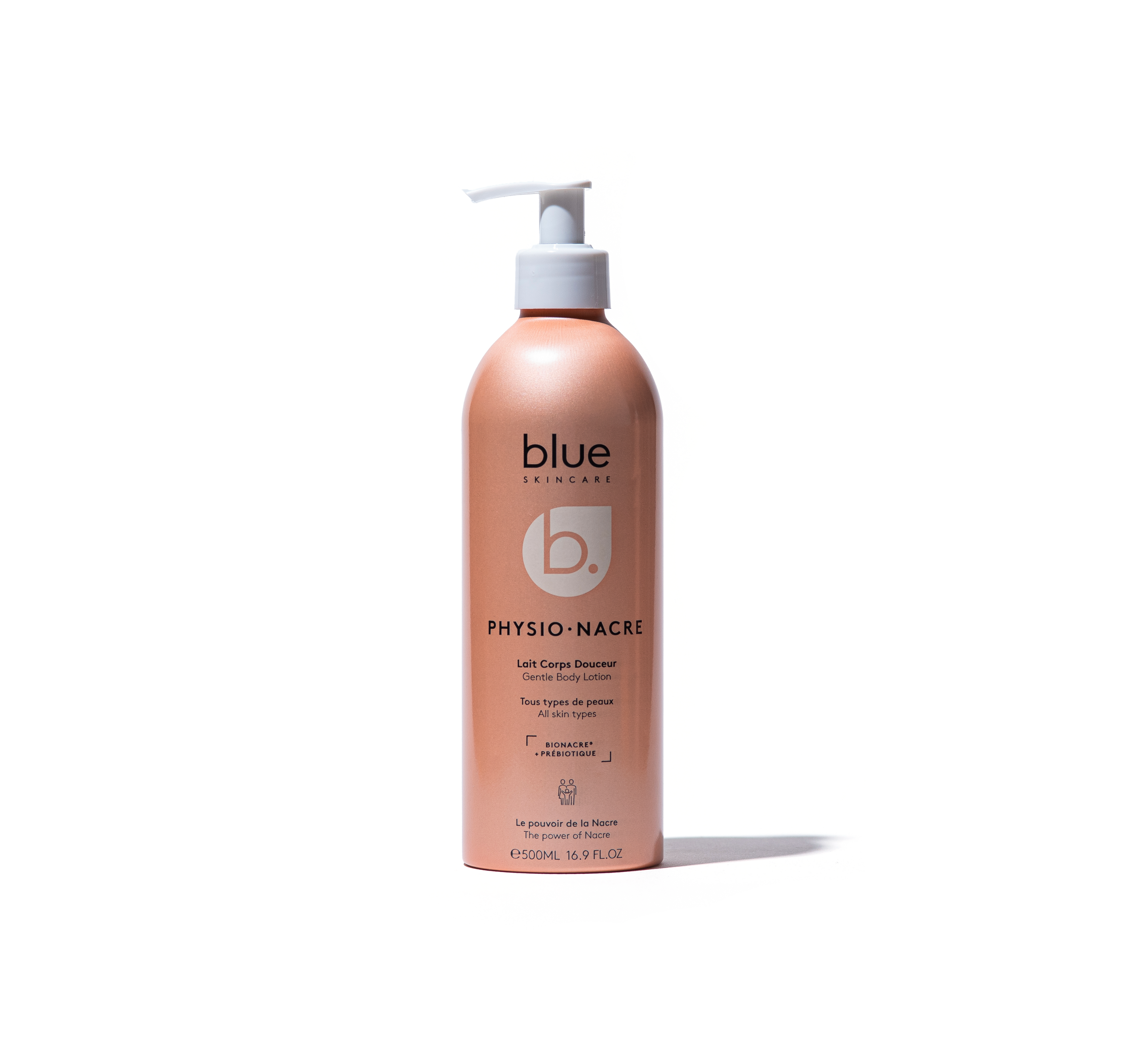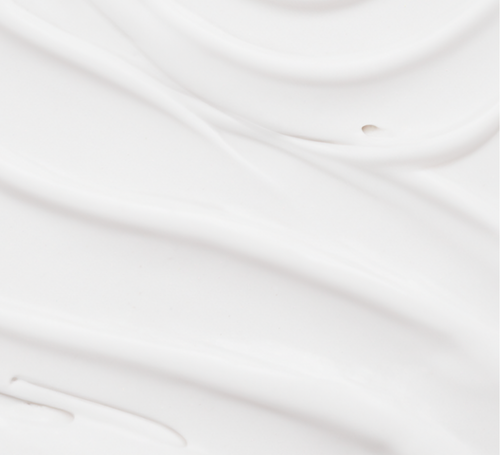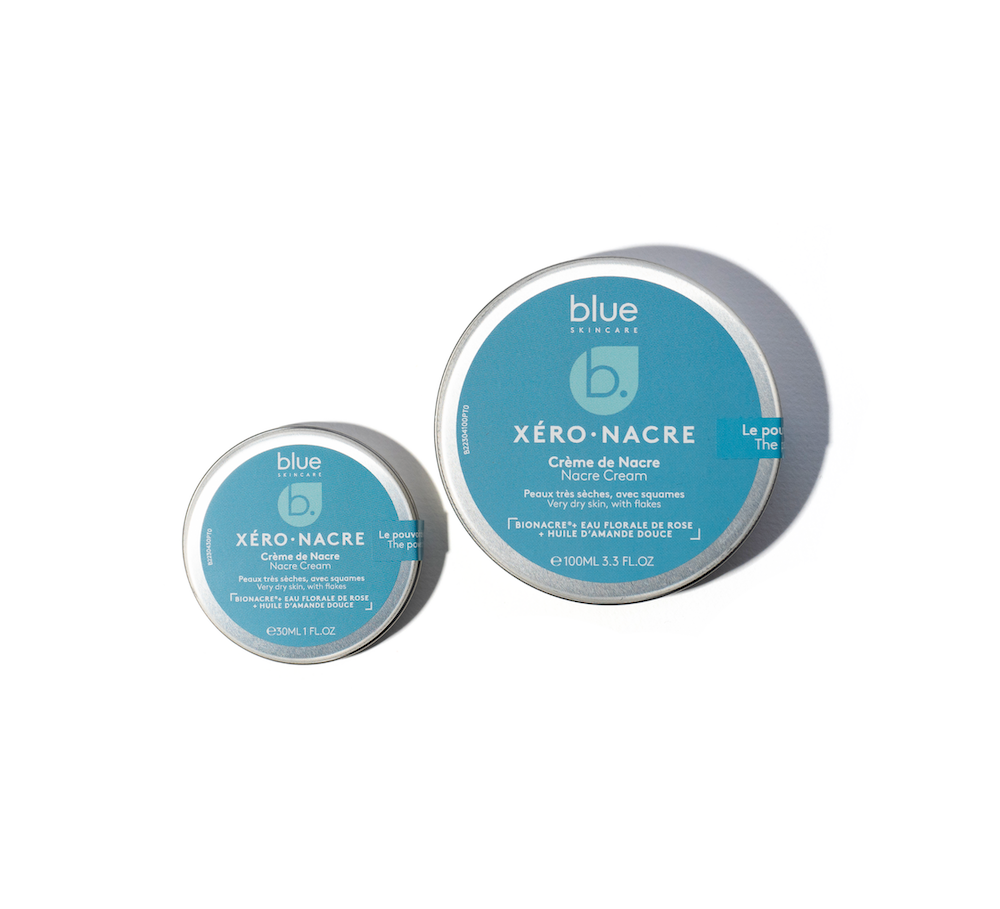Certaines marques de cosmétiques ont fait le choix de la certification bio. D’autres affichent le pourcentage d’ingrédients d’origine naturelle pour respecter les principes de la Clean Beauty. Et il y a celles qui font le ménage dans leurs formules pour bannir les ingrédients indésirables, sans pour autant afficher de certification. Pas toujours évident de faire la différence. Un produit de beauté peut-il être clean sans être bio et vice-versa ?
Le bio, avant tout une norme et une certification
À l’origine, la Charte Cosmebio créée en 2002 avait pour objectif de valoriser les ingrédients végétaux issus de l’agriculture biologique et de bannir les ingrédients pétrochimiques. Au fil des ans, cette norme s’est enrichie. La norme européenne Cosmos, la plus répandue et récente, bannit tous les produits issus de la pétrochimie (huiles minérales, paraffine, silicones, PEG), les conservateurs de synthèse comme les parabens ou le phénoxyéthanol, les parfums et colorants de synthèse et les OGM. Et définit que 95 % des ingrédients d’un produit fini doivent être d’origine naturelle, 95 % des matières végétales doivent être bio et au final au moins 20 % du produit fini (eau comprise). Cette dernière norme comprend également tout un pan consacré au développement durable en privilégiant la chimie verte et les emballages en matières recyclées. Ce cahier des charges précis est vérifié par un organisme (Ecocert est le plus connu.) qui délivre une certification à chaque produit. Il existe d’autres labels bio en Europe, comme Natrue et Nature, et Progrès, et USDA Organic aux Etats-Unis.
La clean beauty, un concept plus vague

Il n’existe pas aujourd’hui, pour la cosmétique clean, de définition et de charte aussi précise que pour le bio. Chacun est donc libre de son interprétation. Mais globalement, la clean beauty comprend à la fois une cosmétique plus responsable, avec des produits aux formules plus propres et plus vertes, durables, équitables, éco responsables et éthiques. Elle épouse des concepts plus vastes.
Clean : plus de sécurité et de transparence
Il faut aussi rappeler que le mouvement est né aux Etats-Unis, où la Réglementation cosmétique est bien moins contraignante qu’en Europe, et la sécurité du consommateur moins bien assurée. En réponse, la clean beauty est fortement axée sur la santé et la transparence des formules et des modes de production : traçabilité des ingrédients, respect de la peau et de l’environnement, cycle de vie du produit. À cet égard, sont proscrits tous les ingrédients controversés, qu’ils soient soupçonnés d’être toxiques, polluants ou allergisants.
Bio, mais pas clean, c’est autorisé ?
Et oui ! Même si les protagonistes s’en défendent, on peut être certifié bio et ne pas répondre à toutes les exigences de la clean beauty. En effet, si les ingrédients d’origine pétrochimique et la majeure partie des actifs controversés sont exclus par la Charte, bio ne signifie pas automatiquement sans risques. La Charte autorise des actifs qui peuvent être irritants, desséchants, allergisants ou interdits aux femmes enceintes : ainsi, les conservateurs sont souvent remplacés par de l’alcool et des huiles essentielles, et les sulfates sont autorisés dans les produits lavants.
Par ailleurs, le clean privilégie les circuits courts et la responsabilité sociétale. Si nombre d’entreprises du bio y adhèrent, il n’en reste pas moins que certains ingrédients venant du Brésil, de Madagascar ou d’autres pays lointains sont achetés à des fournisseurs, sans qu’il soit aisé de vérifier le respect à la fois des travailleurs et la préservation de l’environnement.
Clean, mais pas bio, c’est possible ?

Si le naturel est largement privilégié par la clean beauty, rien n’oblige à ce que ces ingrédients d’origine végétale soient certifiés bio. Par ailleurs, nombre de marques clean s’autorisent les biotechnologies qui, malgré leur nom, n’entrent pas dans le cadre du bio. Ce mariage entre la science des êtres vivants et la technologie (biochimie, biologie moléculaire) permet d’obtenir des actifs hautement efficaces, comme l’acide hyaluronique ou la vitamine C par exemple.
Ainsi, on le voit, si bio et clean ont beaucoup d’éléments communs et une frontière relativement floue, il existe bel et bien des divergences. Certains produits sont ainsi clean sans être forcément certifiés bio et sans en reprendre toutes les contraintes, en ce qui concerne l’obligation extrême de naturalité. D’autres sont bio sans répondre à toutes les exigences d’innocuité et sécurité pour la peau. Enfin, les plus absolutistes combinent les deux pour un bénéfice ultime.
